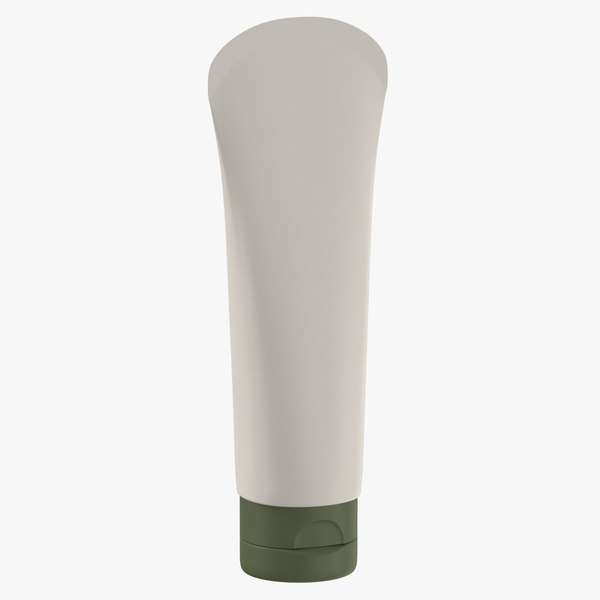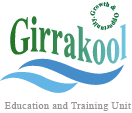1
OctoberInteresting Factoids I Bet You Never Knew About Addiction Treatment In Thailand
Introduction:
Alcohol withdrawal is a condition which takes place when individuals abruptly stop or dramatically reduce their particular alcoholic beverages intake after prolonged times of heavy drinking. It really is a complex and potentially deadly condition that affects many people global. This report aims to offer a thorough summary of liquor detachment, including its symptoms, treatment options, and administration methods.
Symptoms of Alcohol Withdrawal:
The beginning and severity of liquor detachment symptoms differ among people, dependent on facets including the quantity and length of time of drinking and an individual's general health. Typical medical indications include tremors, anxiety, frustration, nausea, vomiting, sleeplessness, increased heartrate, and sweating. In extreme cases, individuals can experience hallucinations, seizures, or delirium tremens (DTs), a potentially fatal problem characterized by agitation, confusion, hallucinations, and fluctuating levels of awareness.
Treatments:
When coping with alcohol withdrawal, it is very important to seek health assistance and assistance. The main aim of treatment solutions are to properly handle withdrawal symptoms, avert complications, and facilitate the change to sobriety. Medical professionals can measure the extent of symptoms and determine the correct degree of treatment. In moderate situations, outpatient treatment is administered, while worse cases may need hospitalization.
Medications popular in liquor detachment treatment include benzodiazepines, that really help decrease anxiety, relieve symptoms, and stop seizures. Various other medicines eg antipsychotics, anticonvulsants, and beta-blockers might be utilized to manage specific symptoms or co-occurring circumstances. Furthermore, vitamin supplements, specially thiamine (vitamin B1), tend to be prescribed to avoid or treat prospective deficiencies related to extortionate drinking.
Control Tips:
Along with medical interventions, various techniques may be employed to manage alcohol withdrawal efficiently.
1. Supportive Care: Providing a supporting environment encourages a sense of protection and convenience. This consists of ensuring proper diet, hydration, and remainder, plus keeping track of vital indications and addressing any health complications that may happen during withdrawal.
2. Psychotherapy: looking for psychological state assistance, such as guidance or psychotherapy, can play a vital role in handling underlying emotional or mental issues that play a role in alcoholic beverages dependency. These treatments assist individuals develop dealing methods, control causes, and establish healthy options to liquor.
3. Rehabilitation tools: participating in rehab programs, including inpatient or outpatient treatment centers, can offer an organized and supportive environment for individuals pursuing long-term data recovery. These programs often incorporate health interventions, guidance, and peer support to address the physical, mental, and personal facets of alcohol Process addiction rehab thailand.
4. Follow-up Care: After completing initial cleansing and treatment, people should continue steadily to look for ongoing care. This may involve participating in organizations, going to regular therapy sessions, and receiving follow-up evaluations assuring proper actual and mental health.
 Conclusion:
Conclusion:
Alcohol withdrawal is a difficult problem that will require medical help and comprehensive support. Knowing the symptoms, treatment plans, and administration strategies can considerably facilitate helping people safely navigate the withdrawal procedure and achieve lasting recovery. By giving appropriate attention and resources, we can improve the results for everyone trying to over come liquor addiction.

